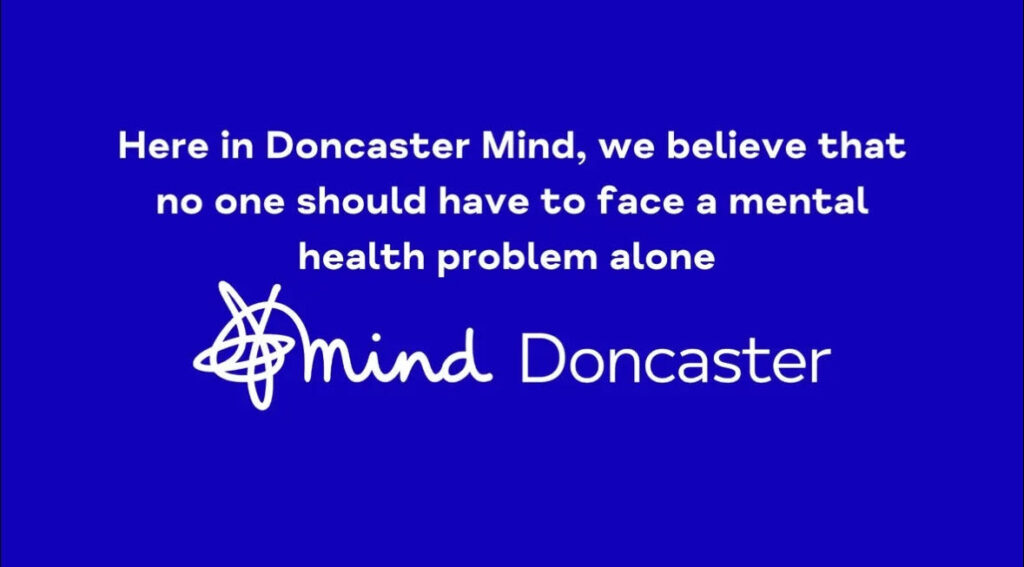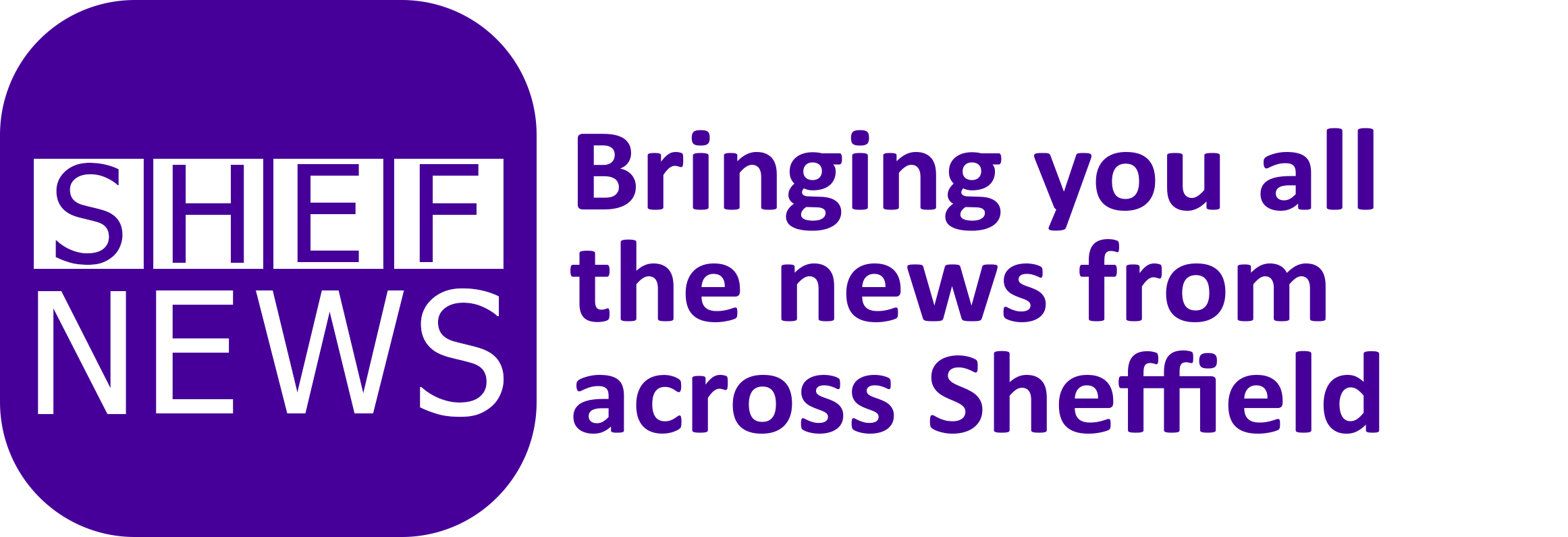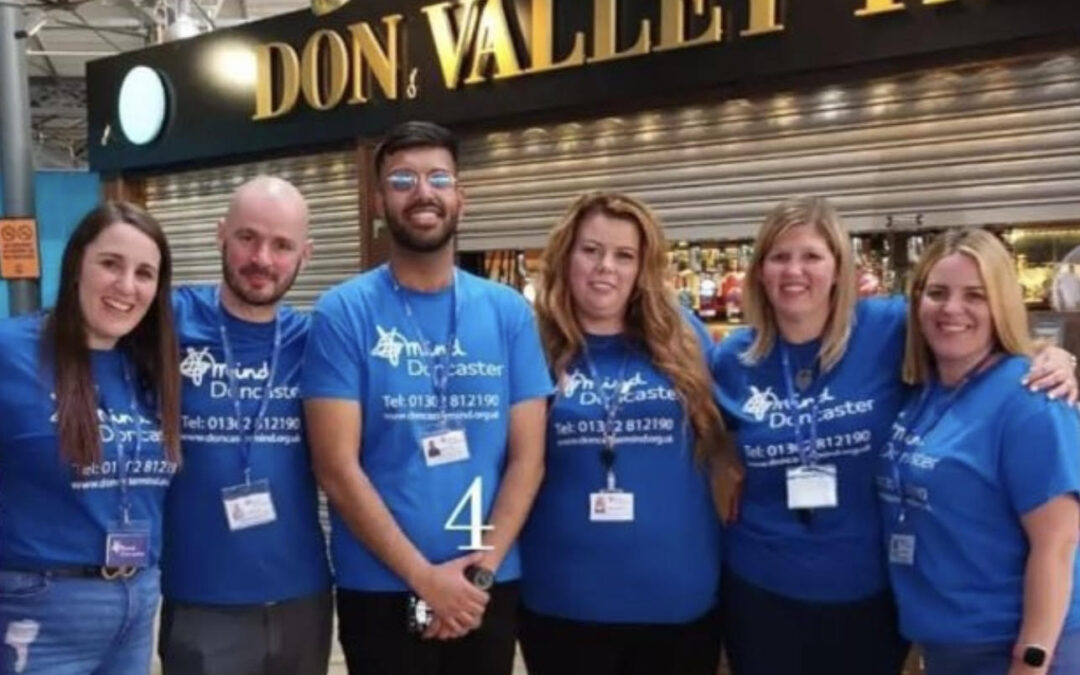The mental health charity Mind have launched drop-in sessions run by mental health connectors across Doncaster to ensure everyone has equal access to mental health support.
Zain Fayed, who manages the care connector project said: “This is a system which means people can come and ask for help, without an appointment. Doncaster is so big, but we want everyone from every community to get support.
“We actually often find areas which are more wealthy or traditionally struggle less, get neglected when it comes to mental health.”
There are community connectors in every locality of Doncaster- Central, North, East and South.
They are part of the community themselves, giving them a ‘deeper understanding’ of what people in the community need.

Rachael Wigglesworth, mental health connector for the East said: “People don’t realise how isolating it can be for people living on the outskirts of the city. Doncaster Mind is located in the city centre, so our job is to make sure everyone in Doncaster knows we are here.
“Often, people can be really struggling but not know how to ask for help. It’s really rewarding getting to meet members of the community, and help them get the support they need.”
Mrs Wigglesworth says she feels other cities would benefit from similar systems.
“I am not a trained therapist, so it’s not about me diagnosing them, it’s about giving them a chance to talk and see how we can help them. There are so many amazing support groups out there which people don’t even know about.
“The reaction has been really positive, which I am so glad about.”
Mr Fayed said: “I’ve definitely noticed in the last three or four years since lockdown, there has been a spotlight on mental health being a crisis.
“However, I feel some places in Doncaster are more onboard with that than others, and there are still people who are hesitant to get help because of the stigma.”
Doncaster Mind is a charity, and relies on donations and government funding to continue their work. Mrs Wigglesworth said Doncaster council are ‘really good’ at prioritising mental health funding.
Mind runs a range of support groups, CBT therapy, over the phone counselling and can point you in the direction of a range of other support networks available.
Mr Fayed said: “Be it gardening, arts and crafts, reading, anything really, there are groups who are there to support you. It doesn’t always have to be traditional therapy.”
Mrs Wigglesworth said: “Often, people don’t even really know what they are struggling with, but they just feel a bit lonely or confused.
”I’ve noticed, especially with the older generations, they don’t always like the thought of getting mental health support, so this is a more informal way to give them a chance to open up.”
Anyone over the age of eighteen can access help from a community connector, even without a medical diagnosis.
Mrs Wrigglesworth said: “I usually post in local Facebook groups about where my next drop in will be, and I normally find that after people have been, they feel like they know what to do next.”
To access support, find out more about the community connectors, or read more about upcoming charity events visit them here: https://www.doncastermind.org.uk/our-services/one-to-one-support-for-adults/mental-health-community-connectors/

